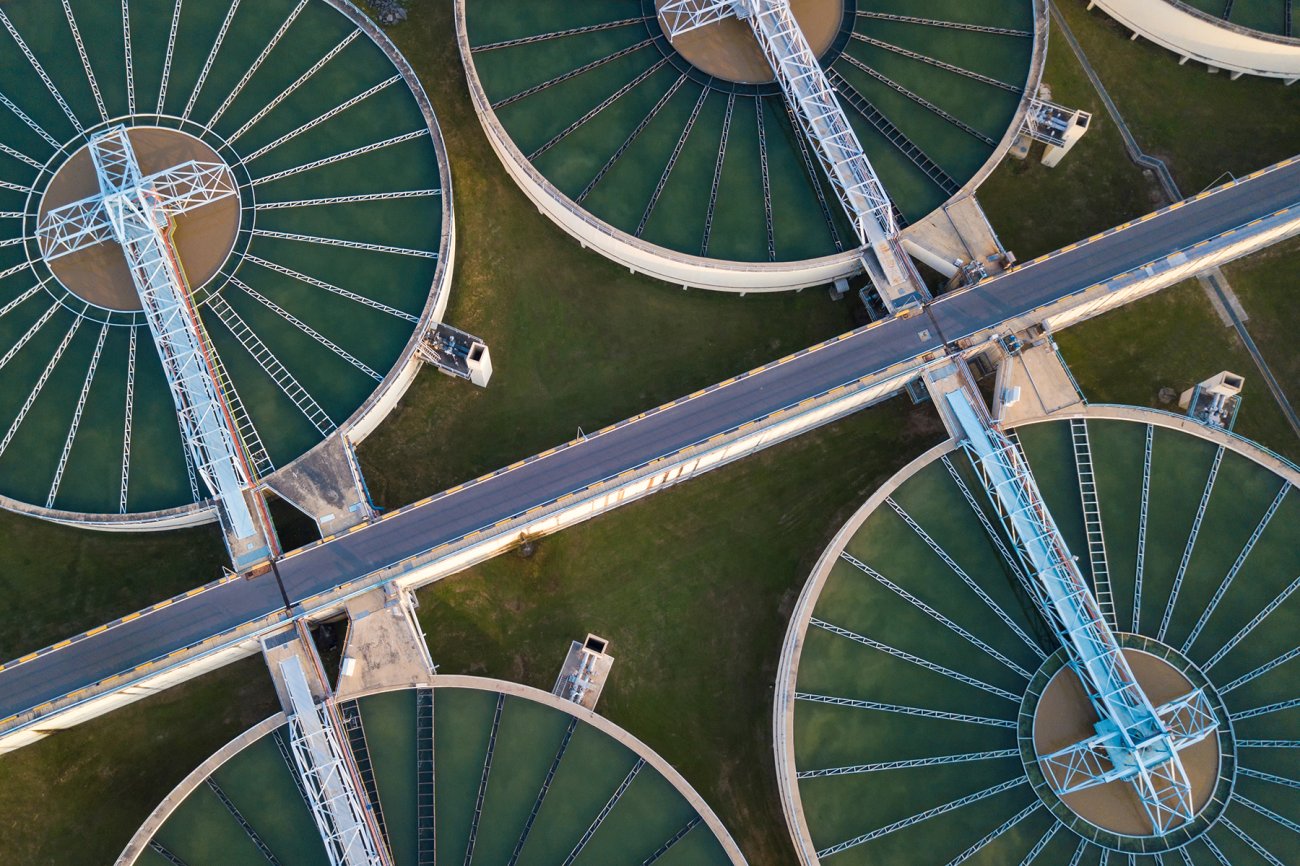Some Ideas on Reclaim Waste You Need To Know
Some Ideas on Reclaim Waste You Need To Know
Blog Article
The Greatest Guide To Reclaim Waste
Table of ContentsReclaim Waste Can Be Fun For EveryoneSome Known Details About Reclaim Waste How Reclaim Waste can Save You Time, Stress, and Money.Reclaim Waste Things To Know Before You Get ThisAll About Reclaim Waste
Domestic sewage waste refers to the waste and products from a property septic container. The appropriate management and disposal of residential sewer waste need fluid waste to be moved to a sewer therapy plant where the proper methods and equipment are used to detoxify and dispose of waste.
Business waste usually includes prospective hazards, such as flammable products or a mix of liquid and solid waste items, and needs a much more innovative and comprehensive disposal process. The disposal of industrial waste commonly entails the filtering of waste before transportation to make certain risk-free and proper disposal. Industrial waste is produced from by-products and drainage of industrial processes and manufacturing.
This sort of waste can not use the very same sewer management transportation or procedures as septic or commercial fluids. The hazardous waste management procedure requires the assessment and testing of fluid waste before it undertakes the disposal process (industrial wastewater treatment). Drainage waste is the fluid waste that comes from runoff and excess stormwater in highly inhabited locations or cities
Runoff waste can create contamination and flooding if not managed correctly. Find out more concerning drain cleaning and waste administration. Making certain appropriate waste administration can avoid calamities and lower environmental injury. Both individuals in property settings and professionals in industrial or manufacturing industries can gain from understanding the processes and guidelines of fluid waste monitoring.
Some Ideas on Reclaim Waste You Need To Know
Call PROS Providers today to find out about our waste monitoring and disposal services and the proper methods to look after the liquid waste you produce.
(https://www.goodreads.com/user/show/183557660-leon-aube)Do you understand what happens to your water when you draw the plug, flush the commode or drain pipes the cleaning device? No? Well, it's worth knowing. This so-called 'wastewater' is not only a crucial resource but, after treatment, will be launched to our land, waterways or the ocean. Utilized water from bathrooms, showers, baths, kitchen sinks, laundries and commercial procedures is known as wastewater.

water utilized to cool equipment or clean plant and tools). Stormwater, a form of wastewater, is overflow that moves from agricultural and city areas such as roofing systems, parks, yards, roadways, paths and gutters right into stormwater drains pipes, after rain. Stormwater streams untreated directly to regional creeks or rivers, eventually reaching the sea.
Excitement About Reclaim Waste
In Queensland, the majority of wastewater is treated at sewer therapy plants. Wastewater is transferred from residential or industrial sites via a system of sewage systems and pump terminals, known as sewage reticulation, to a sewage therapy plant.
The Division of Natural Resources encourages local governments about handling, operating and keeping sewage systems and therapy plants. In unsewered locations, city governments may require homeowners to mount specific or household sewage therapy systems to treat domestic wastewater from commodes, kitchen areas, bathrooms and laundries. The Department of Natural Resources authorises using house systems when they are confirmed to be reliable.
In some brand-new class, treatment of some stormwater to get rid of trash, sand and crushed rock has actually begun making use of gross toxin catches. Wastewater treatment takes place in four phases: Removes strong issue.
Wastewater after that streams right into huge storage tanks where solids clear up and are removed as sludge. Grease and residue are skimmed from the surface area. Makes use of tiny living microorganisms recognizes as micro-organisms to damage down and get rid of staying dissolved wastes and great fragments. Micro-organisms and wastes are included in the sludge. Eliminates nitrogen and phosphorus nutrients that could trigger algal flowers in our waterways and threaten water life.
The Of Reclaim Waste
Nutrient removal is not readily available at all sewer treatment plants due to the fact that it needs pricey specialised tools. Clear fluid effluent generated after therapy might still contain disease-causing micro-organisms - industrial wastewater treatment.

This normally indicates wastewater needs to be dealt with or pollutants eliminated before it can be released to rivers. A lot of wastewater streams into the sewerage system. Under the Act, city governments administer authorizations and permits for eco pertinent tasks (Ages) including wastewater launches that might have a regional effect. The division administers authorizations and licences to Periods including wastewater releases that might have a regional or statewide effect.
The 9-Minute Rule for Reclaim Waste
Tracking supplies valid details about water top quality and can verify that licence conditions are being fulfilled. The info obtained through monitoring go to this web-site provides the basis for making water quality decisions.
Report this page